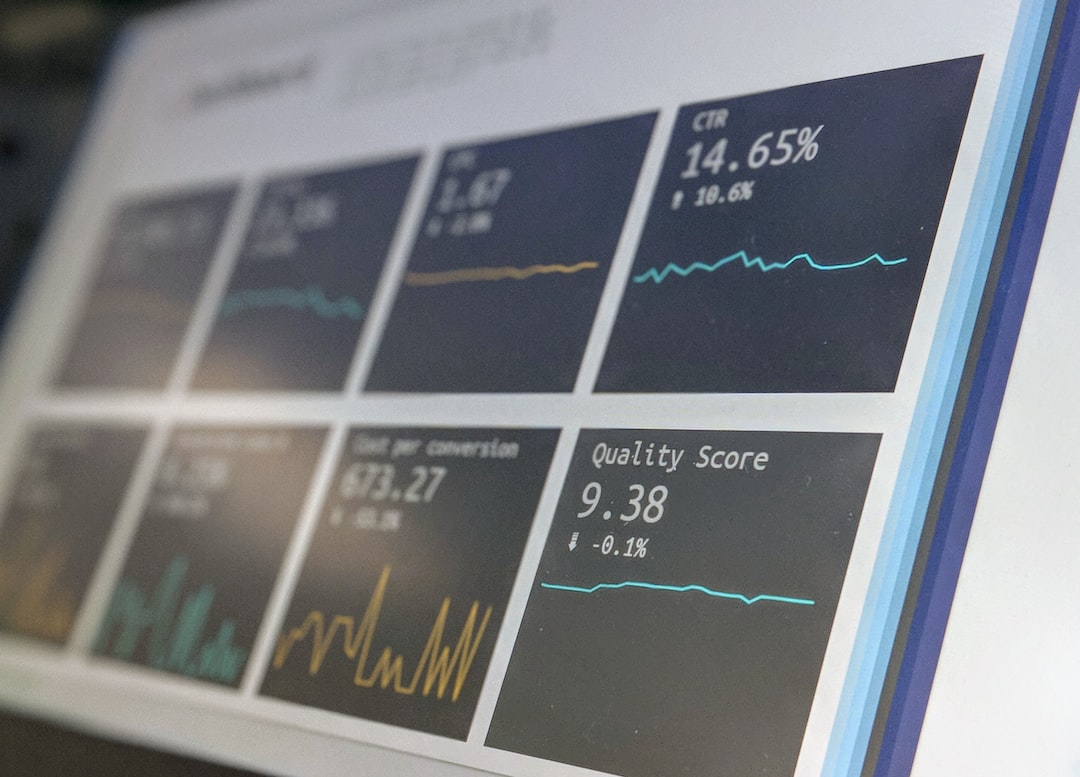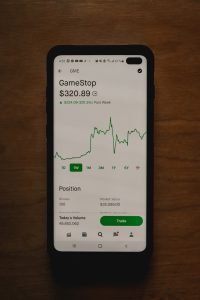The Importance of Emotional Intelligence for Live Forex Traders
Forex trading is a highly volatile and fast-paced market. Traders are constantly faced with numerous challenges and uncertainties that can have a significant impact on their trading decisions. While technical analysis, market research, and risk management are crucial skills for successful forex trading, there is another important factor that often goes unnoticed – emotional intelligence.
Emotional intelligence refers to the ability to recognize, understand, and manage our emotions and the emotions of others. In the context of forex trading, emotional intelligence plays a vital role in helping traders make rational decisions and avoid impulsive and irrational behavior.
One of the key aspects of emotional intelligence is self-awareness. Traders with high emotional intelligence are aware of their emotions and how those emotions can impact their trading decisions. They are able to recognize when they are feeling anxious, fearful, or overconfident, and take appropriate measures to manage these emotions.
For example, let’s say a trader has been experiencing a string of losses. Without emotional intelligence, they might become frustrated or angry, leading them to make impulsive trades in an attempt to recover their losses. However, a trader with high emotional intelligence would recognize these emotions and take a step back to reassess their trading strategy. They would understand that making impulsive decisions based on emotions is likely to result in even greater losses.
Emotional intelligence also helps traders manage stress and deal with the pressure of live forex trading. The forex market can be unpredictable, and unexpected events can cause significant fluctuations in currency prices. Traders with low emotional intelligence may panic and make irrational decisions in response to such events. On the other hand, traders with high emotional intelligence are better equipped to handle the stress and pressure associated with live trading. They can remain calm and composed, allowing them to make rational decisions even in high-stress situations.
In addition to self-awareness, emotional intelligence also involves empathy – the ability to understand and relate to the emotions of others. This is particularly important for forex traders who often need to interact with other market participants, such as brokers, analysts, and fellow traders. Traders with high emotional intelligence are able to understand the perspectives and emotions of others, which can help build positive relationships and facilitate effective communication.
Furthermore, emotional intelligence enables traders to adapt to changing market conditions. The forex market is dynamic, and successful traders need to be able to adjust their strategies accordingly. Traders with high emotional intelligence are more open to change and are willing to learn from their mistakes. They can quickly identify when their trading strategy is not working and make the necessary adjustments without being hindered by ego or stubbornness.
Developing emotional intelligence is not an overnight process. It requires self-reflection, practice, and a willingness to learn and grow. Traders can begin by monitoring their emotions during trading and identifying any patterns or triggers that lead to impulsive or irrational behavior. They can also engage in activities that promote self-awareness and emotional regulation, such as meditation, journaling, or seeking professional help if needed.
In conclusion, emotional intelligence is a crucial skill for live forex traders. It helps traders make rational decisions, manage stress and pressure, build positive relationships, and adapt to changing market conditions. By developing emotional intelligence, traders can enhance their overall trading performance and increase their chances of success in the highly competitive forex market.





